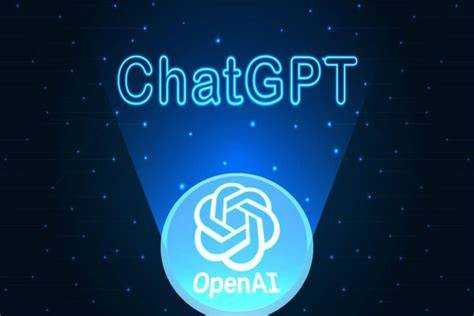It has been only a few months since the generative artificial intelligence chatbot ChatGPT has become popular to the extent of being inseparable from our daily lives, but several people, including the initial faces behind developing AI have already warned against the excess use of it for various reasons.
Now a study by the Massachusetts Institute of Technology (MIT) has warned against the use of this popular chatbot, which has revolutionized human interaction with machines.

A new study from MIT Media Lab is raising questions about the mental cost of relying on AI tools like ChatGPT to take on complex tasks, including writing essays. The study finds that although such devices could increase productivity, they may actually be diminishing people’s capacity for critical thinking, retaining information, and learning.
Titled “Your Brain on ChatGPT: Accumulation of Cognitive Debt when using an AI Assistant for Essay Writing Task”, the study states that an excessive dependence on large language models (LLMs) may cause “cognitive offloading.”
The study recruited 54 university students from the greater Boston area who were split into three groups. One used ChatGPT, another used a regular search engine such as Google, and the third had to rely solely on its own knowledge, without any outside referential sources. The participants had to write essays while the researchers recorded their brain activity using EEG devices.
The results were eye-opening. The most thoughtful students, the ones doing the most vigorous brainwork, were using only their brains. Search engines were not far behind. But the ChatGPT users showed the weakest brain connectivity and least mental effort. Even worse, when these A.I. users had to write on their own, sans assistance, they couldn’t reactivate the brain parts required for deep thinking.
Memory performance also suffered badly. When researchers asked them to quote passages from their own essays, not a single one of ChatGPT’s users was able to share even a single verbatim sentence. In contrast, 88% of individuals who used their own brain or a search engine could recall parts of their own work easily. Many AI users even admitted feeling disconnected from what they had written.
It was interesting because when judged by human and AI judges, essays generated by ChatGPT had high scores in grammar and structure. However, they lacked originality and depth. Common patterns, repeated phrases, and a lack of critical reasoning were noted. In contrast, essays by brain-only writers exhibited a greater diversity of thought and language.
Lead researcher Dr. Nataliya Kosmyna said that while AI tools are helpful, they risk undermining in-depth learning and “creative thinking.” The team cautioned educators to be careful, noting that AI-supported writing could lead to “productive yet passive” learners.

